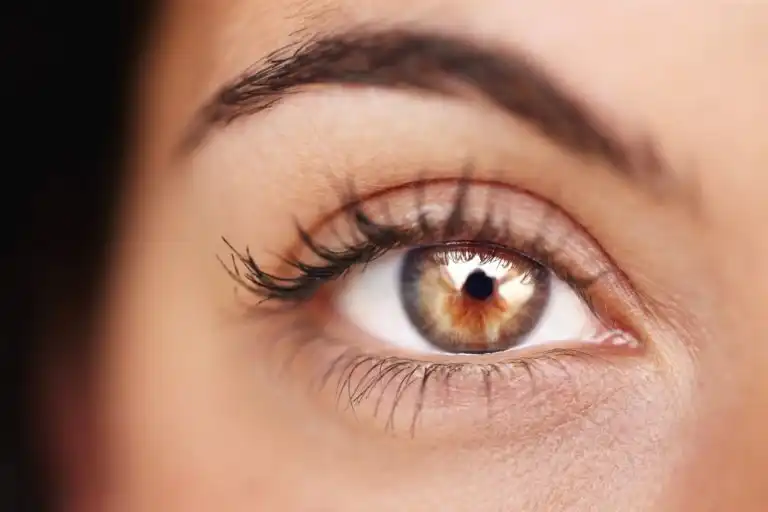
Treatment for Keratoconus
Keratoconus is a congenital eye disease. It relates to this, that the shape of the cornea changes; it becomes thinner…
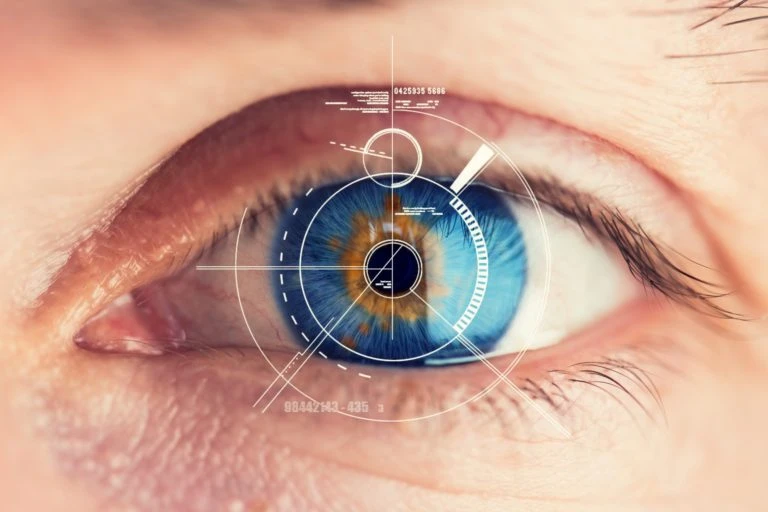
Refractive lens replacement – an alternative to laser vision correction, but also something more.
Refractive lens replacement involves removing the patient’s own lens and replacing it with an artificial lens that corrects the vision…
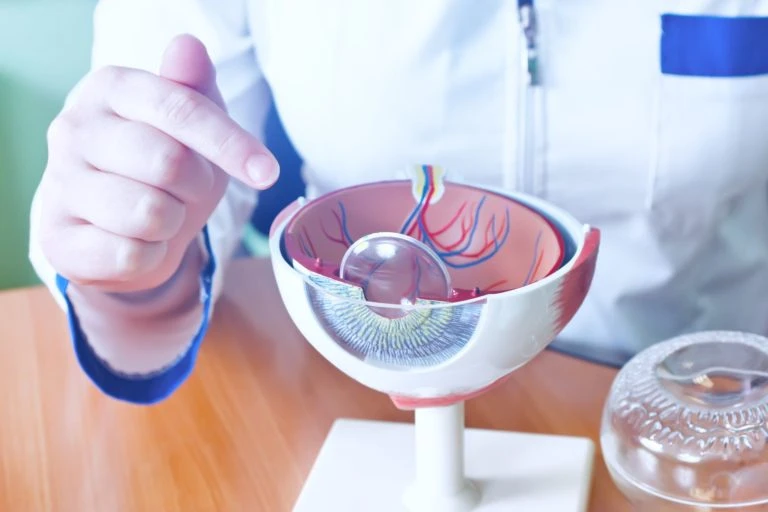
Primary and secondary cataracts – how they differ
Primary cataracts are simply congenital cataracts, either as a result of complications or resulting from a clouding of the lens…

What is the most advanced procedure in laser eye surgery?
Laser eye surgery itself represents an incredible advance over earlier methods of vision correction, such as standard scalpel surgery. …
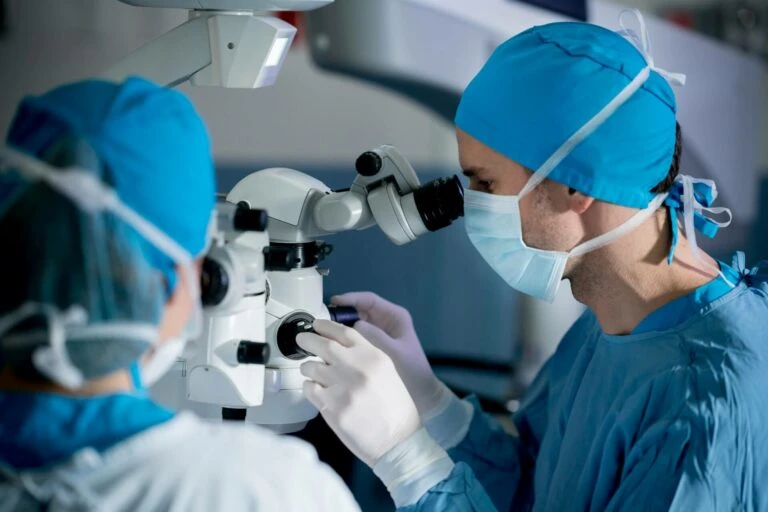
Can laser eye surgery treat strabismus (strabismus) and diplopia double vision (diplopia)?
Laser eye surgery is not used in the treatment of strabismus, because the treatment requires intervention in the muscles around…
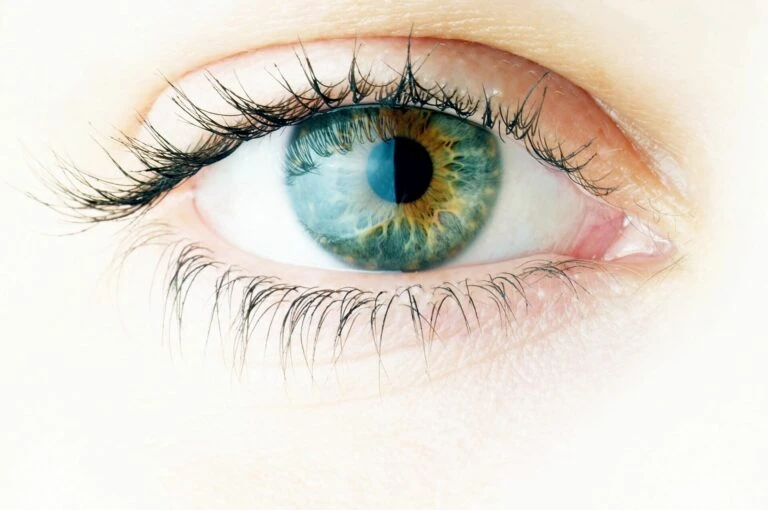
Genetically determined eye diseases
Ophthalmic genetics is a branch of medicine that studies hereditary eye disorders and helps identify their genetic causes, understand their…
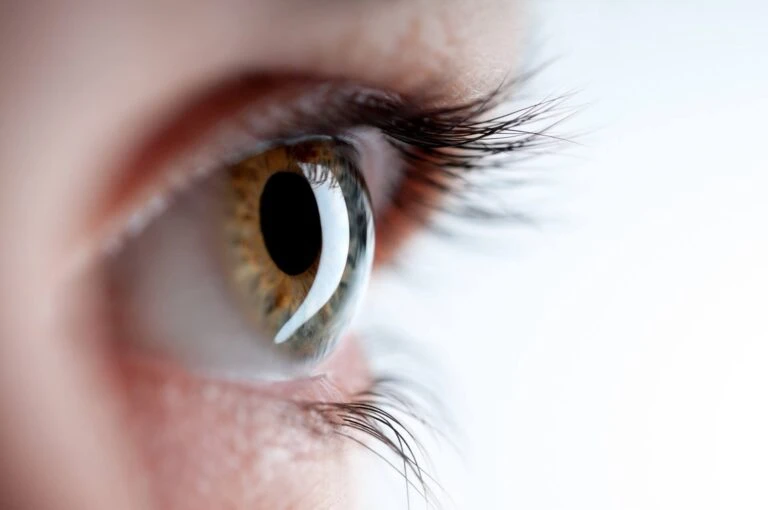
Corneal dystrophies
Dystrophy is a condition in which the growth of tissues or entire organs is impaired due to developmental abnormalities, infectious…

How soon after laser eye surgery can I watch TV?
For several days after laser eye surgery, limiting television viewing, computer work and any activity euphemistically referred to as “staring…

Cataracts attack at any age
The belief that cataracts only affect the elderly is wrong. Trouble with eyesight sooner or later requires a visit to…

How to test your eyesight at home?
Can we test our eyesight at home? Yes, it is possible. The result of the test should be treated as…

Can laser vision correction or cataract removal be covered by insurance?
Unfortunately, nothing has changed for years: laser vision correction is not reimbursed by the Polish National Health Fund, nor is…

Beat cataracts!
Let’s be clear: cataracts are a degenerative disease that we don’t know how to stop or cure pharmacologically.